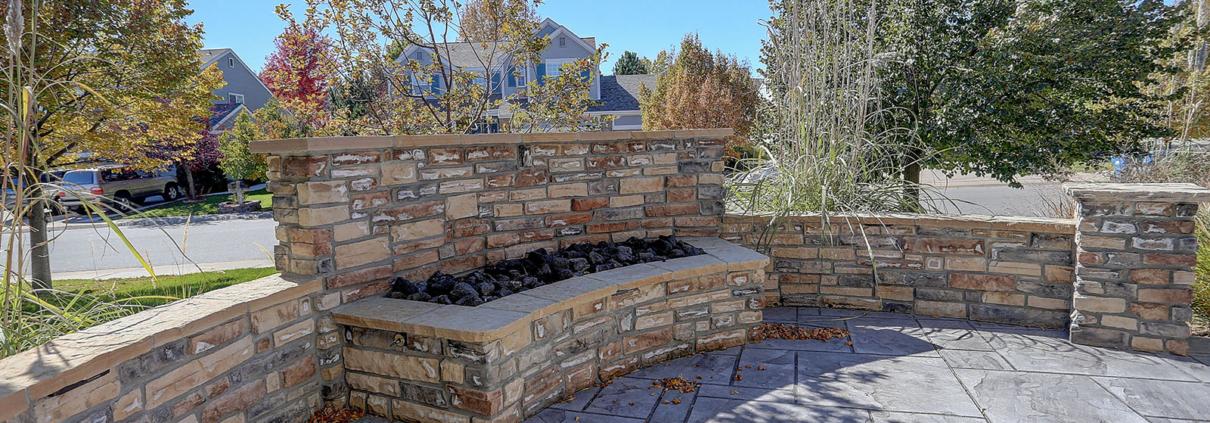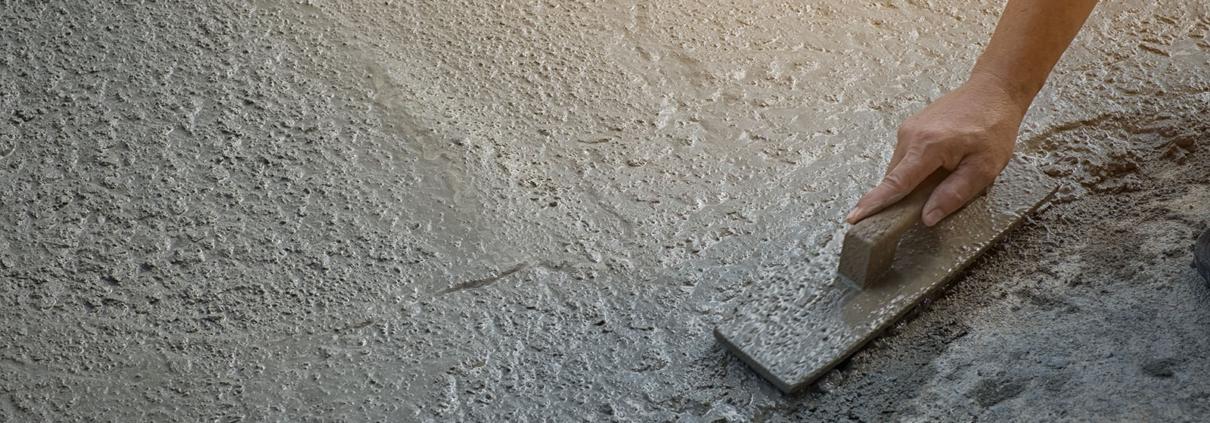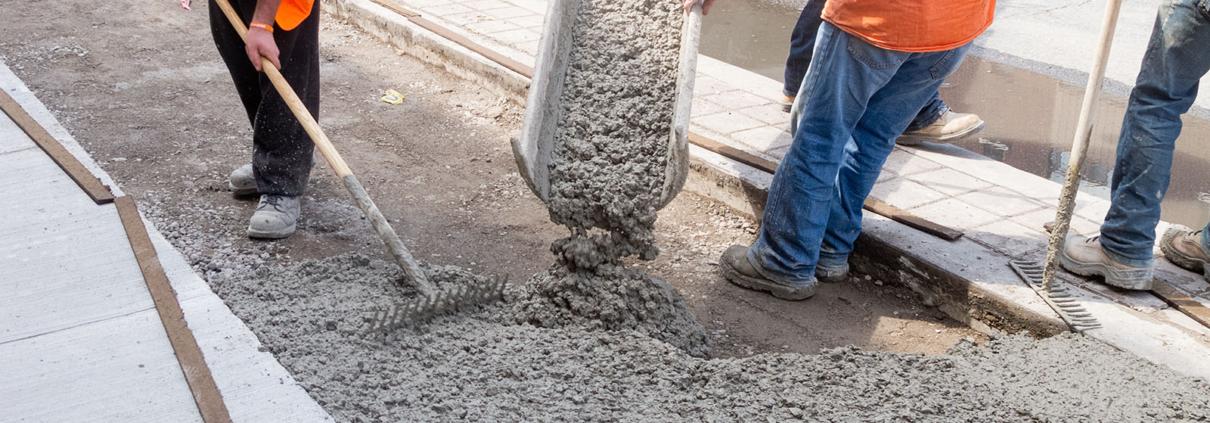Advantages and Disadvantages of Decorative Concrete in Pittsburgh, PA
/in Uncategorized/by guardianDecorative concrete is not a construction medium; it’s a home improvement material that adds aesthetic value to a structure. It is widely used on walls, floors, patios, and driveways, among other applications. Learn more about this material to decide its use in your home better. Read on for more information about the advantages and disadvantages […]
What Are The Advantages and Disadvantages of Concrete Driveways
/in Uncategorized/by guardianThere are several benefits of installing concrete driveways. Aside from being highly durable, concrete driveways can also help you save money on maintenance and repair costs. You can ensure that your cash was well-spent when you installed one. You can enjoy its benefits for years and will never have to worry about its upkeep or repairs. Moreover, owning a high-quality driveway can enjoy peace of mind.
Disadvantages
One of the main advantages of concrete drives is that they are highly durable. Concrete remains cooler than asphalt even in extreme heat. Unlike asphalt, it is also resistant to weeds. Concrete driveways are sturdy and will last for decades. Despite these benefits, you should be aware of a few disadvantages of concrete drives before deciding on this material. However, these disadvantages are minor when compared to their many advantages.
Concrete driveways have an added disadvantage: they collect pollutants from the surrounding area. This pollutant then enters stormwater systems and ends up in local waterways. This is not only a concern for the local ecosystem but also the environment. This is a common issue with paved surfaces, and concrete and asphalt driveways are two of the most polluting materials. Therefore, if you’re considering a concrete driveway, consider what you’d like to look like with a stamped definite pattern.
Benefits
Installing a concrete driveway on your property can save you a great deal of money over the years. These driveways are highly durable and can last for up to 30 years. Concrete driveways are easy to install and can enhance the curb appeal of any property. Aside from being cost-effective, concrete driveways can also last for many years and require little maintenance. If you are interested in installing one on your property, read more about the benefits of concrete driveways.
One of the most significant benefits of concrete is its durability. If you install a concrete driveway, you will never have to worry about resurfacing it. Concrete is very compact, and it prevents dents and holes from occurring. Its smooth finish makes it easy for snow plows to move across it efficiently. If you install a concrete driveway, choose a reliable contractor with experience installing concrete driveways.
Installation
Whether installing a new driveway or redoing an old one, installing a concrete driveway begins by removing vegetation and ensuring that the soil beneath it is stable. Next, wood forms are installed around the perimeter of the driveway. Class-5 gravel is then added to the base. It must be at least four inches thick, graded, and compacted to form a firm foundation. Over the gravel base, the reinforcement material is added to provide support to the concrete. This may include a steel wire grid or metal rebar in a crisscross pattern.
The cost of preparing the worksite will increase as the length of the driveway increases. Using the drawing to estimate the cost, multiply the length by the width and depth, and divide the total by 27. Concrete order amounts are stated in cubic yards, but you should add 10 percent for possible errors and accommodate for mistakes. Additional costs include gravel for the base, fabric underlayment, installation labor, rebar or mesh wire, and permit fees.
The Benefits of Concrete Foundations in Pittsburgh, PA
/in Uncategorized/by guardianA poured concrete foundation is a more durable option than block foundations. They don’t rot or decay, and the life expectancy of a poured concrete foundation is much longer than that of a block foundation. Another benefit of a poured concrete foundation is that it doesn’t need regular maintenance and doesn’t need specific contractor maintenance. In addition, ran concrete foundations do not have any warranties, and they are easy to maintain and repair.
Poured concrete
The strength of poured-concrete foundations is unmatched, surpassing that of block construction. In addition to this, concrete walls are exceptionally stable, providing added sustenance to your home. Because of their durability, poured-concrete walls don’t move or degrade. This makes it one of the best building materials to use.
While it might seem easy to pour concrete yourself, many people find it’s not easy to control the pour. When running a slab, homeowners must make sure cuts at specific points to avoid expansion cracks and damage to the slab. These cuts may need to occur every five to ten feet. Homeowners often misunderstand these small details, which is why it’s best to hire a contractor.
For a proper pour, you must first ensure the soil is level. For example, a concrete footing needs exceptional support if you have clay soil. Looser earth is better for this purpose because it contains less clay. Sand, however, doesn’t have the necessary permission for a concrete footing. When placing the foundation, ensure enough rebar to prevent the concrete from breaking or cracking.
Concrete block
There are two main types of foundations: concrete blocks and poured concrete. While each type of foundation has its benefits, there is a big difference between them. The primary use of concrete blocks is their ease of installation and lower cost because they don’t require formwork. A concrete block foundation also has the advantage of being much more vital. It also requires less labor and will last much longer than a block foundation.
A concrete block foundation can last 50 years but may look weak, deformed, or even damaged. If so, it may be due to improper insulation. Even if you’ve had a building for decades, you might not realize it was a concrete block foundation. In this case, it may be worth asking a professional for an inspection to find the problem. Here’s what you need to know about concrete block foundations and why they’re not as popular as they used to be.
Post-and-pier
Post-and-pier foundations are different from slab foundations. A slab foundation is made from concrete poured directly onto a soil substrate. On the other hand, post-and-pier foundations have a raised floor that creates a crawl space beneath the home, allowing homeowners access to the underside of the house. In most cases, pier and post foundations cost less to build than slab foundations, but it is still important to carefully inspect and follow all directions.
When building a post-and-pier foundation, the number of masonry pillars required is dependent on the size and compressive strength of the pier and the strength of the soil. Generally, 8-x-8 concrete blocks are used for short posts and 12-x-12 concrete blocks for tall ones. If the site slows, you should use more enormous piers and tubes. These piers will be higher and stand more upright than shorter ones. Ideally, the unsupported height of a dock or post should be at least 12 times its width.





